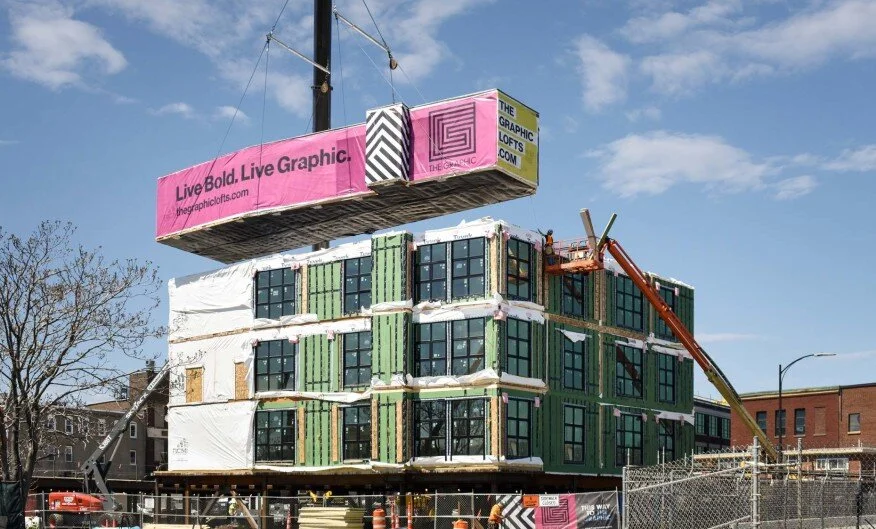Despite the obvious slow down in real estate market, experts are quite optimistic that the real estate market will pick right back up once COVID-19 resolves, especially in a market like Boston. With an already limited housing supply, experts also don’t expect a big dip in housing prices either. “Once the economy can return to normal, and people can get back to normal, I think the fundamental shortage of homes will still be there. That’s why I don’t see much prospect for prices to fall very far as a consequence of this,” said Jeff Tucker, a Zillow economist.
In the meantime, real estate agents are getting creative with virtual tours and other ways of “showing” properties with prospective buyers and tenants and the City of Boston has created a fund to help tenants pay rent. For more details about the current and future housing market, click here.
Read More











